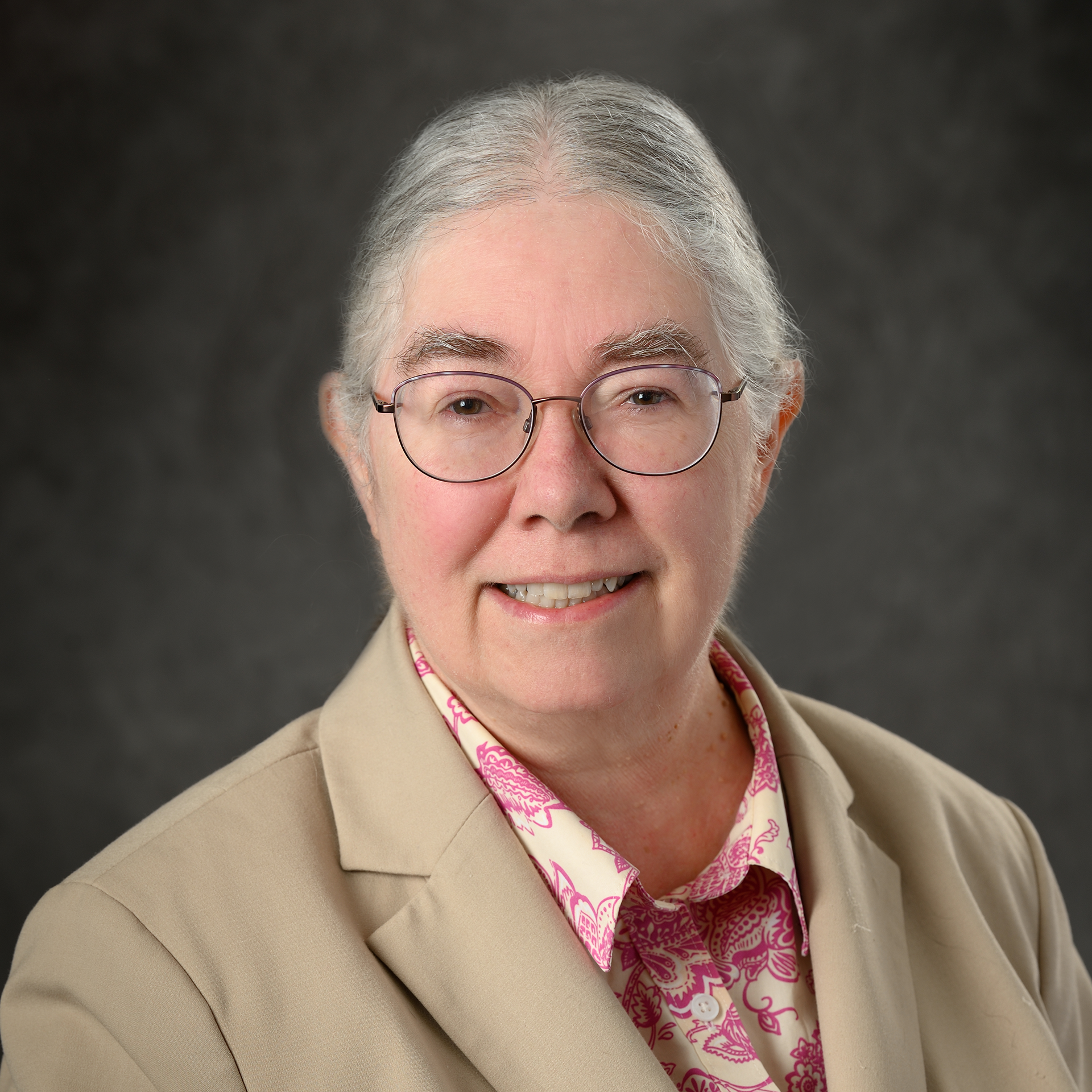Abstract
In principle, quantum computers can speed up problem solving exponentially relative to conventional digital computers. This talk will cover Google’s claim to have reached quantum supremacy, entanglement of quantum states, the Bell inequalities, and qubit entropy. The Bell inequalities are satisfied by all classical objects, but not by all quantum mechanical observables. Violations of the Bell inequalities mean that no “hidden variable” theory can be consistent with experimental results, unless it also allows for faster than light communication. Our tests of the Bell inequalities on IBM’s quantum computers show violations! The entropy of n-qubit Schrödinger’s cat states would be independent of the number of qubits in the absence of faults; but the experimentally determined entropy is nearly linear in the number of qubits. The slope of the entropy vs. the number of qubits provides a more sensitive test of the quality of a quantum computer than the IBM benchmark, based on the quantum volume.
About the speaker
Professor Katharine L. C. Hunt
Department of Chemistry, Michigan State University, East Lansing, Michigan 48824, USA
Distinguished Fellow, Institute for Advanced Studies, University of Luxembourg
Katharine Hunt received her Ph.D. from the University of Cambridge, England, in 1978, working with Professor A. D. Buckingham on intermolecular forces and the response to applied fields. She held a National Science Foundation National Needs Postdoctoral Fellowship at the Massachusetts Institute of Technology, working with John Ross on nonequilibrium thermodynamics. In 1979, she joined the faculty at Michigan State University. She became a University Distinguished Professor in 1992, and later chaired the Department of Chemistry there. She spent two sabbaticals at Stanford University. She is the author of 94 publications, covering topics related to dispersion forces, interaction-induced molecular properties, collision-induced spectroscopy, nonadiabatic transition theory, nonequilibrium thermodynamics, and quantum computing. Her current visit is supported by the Institute for Advanced Studies (IAS-funded “Distinguished” project) at the University of Luxembourg.
